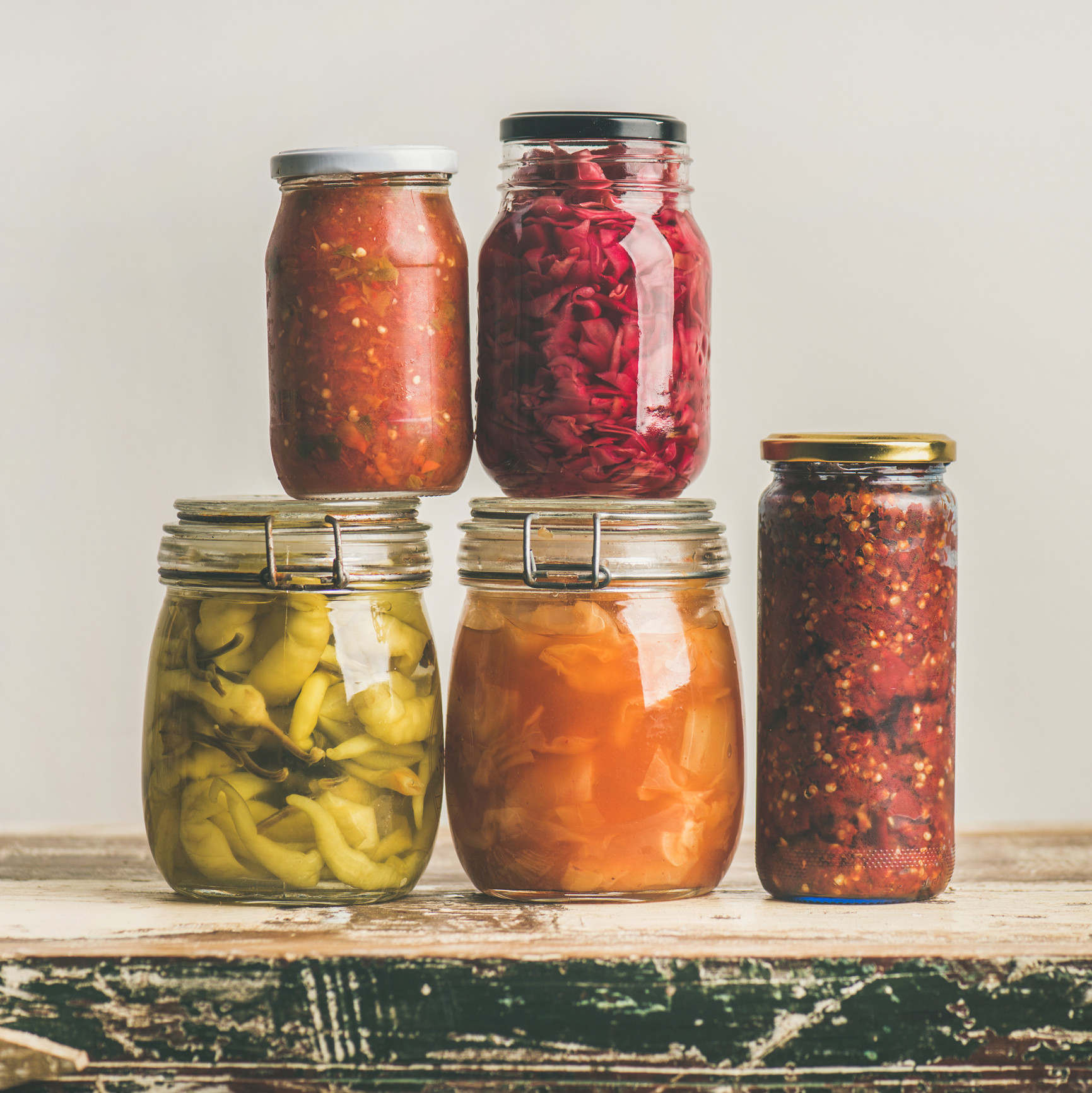
What are somatic workouts?

How to curb your stress eating

How to spot Parkinson’s disease symptoms

8 simple ways to reduce ultra-processed foods in your diet

Heart failure symptoms in women: How they’re different

GERD diet: Foods to avoid to reduce acid reflux

Strong is the new skinny

Everyday habits that sneakily weaken your bones

Don’t wait to get help for back pain

Correcting how you walk may ease osteoarthritis knee pain
Nutrition Archive
Articles
Fermented foods for better gut health
Naturally fermented foods have been getting the attention of health experts because they contain beneficial probiotics that may help strengthen your gut biome — the bacteria and microorganisms in your digestive tract.
Immune boosts or busts? From IV drips and detoxes to superfoods
Ads for products that promise to supercharge the body's immune system make claims that sound too good to be true. But do these products actually work?
Preventing kidney stones
Men prone to kidney stones should drink plenty of water, get adequate calcium, reduce sodium, limit animal protein, and avoid foods that could make kidney stones more likely to form. Dietary restrictions depend on the stones the person tends to form.
Feeding body and soul
Intuitive eating is a plan designed to help people build a better relationship with food. It encourages people to listen to natural hunger and fullness cues. Two key principles include rejecting a diet mentality and the notion that foods are "good" or "bad." Weight loss can result, but it is not a chief goal. People can incorporate intuitive eating into their lifestyle by being mindful during meals, keeping a food journal, staying fueled, being patient, and seeking support from a dietitian or health coach.
Tips to avoid constipation
There are many ways one can try to avoid constipation. For example, lifestyle remedies may help—such as increasing dietary fiber, getting regular exercise, and drinking three to six cups of water per day. If those approaches don't work, doctors recommend using fiber supplements, such as psyllium husk (Metamucil), methylcellulose (Citrucel), or wheat dextrin (Benefiber). Another supplement that might help is magnesium. When all strategies fail, it may be time to try over-the-counter medication. One option is an osmotic laxative such as polyethylene glycol (Miralax).

What are somatic workouts?

How to curb your stress eating

How to spot Parkinson’s disease symptoms

8 simple ways to reduce ultra-processed foods in your diet

Heart failure symptoms in women: How they’re different

GERD diet: Foods to avoid to reduce acid reflux

Strong is the new skinny

Everyday habits that sneakily weaken your bones

Don’t wait to get help for back pain

Correcting how you walk may ease osteoarthritis knee pain
Free Healthbeat Signup
Get the latest in health news delivered to your inbox!
Sign Up











